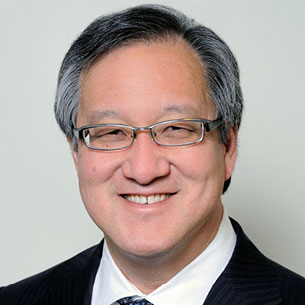A high school friend of mine grew up to be a Princeton economist, and every October when I read the New York Times article announcing this year’s winner of the Nobel Prize, I pay attention to see if this is the year that he makes the front page. Although last week’s announcement went to three other economists, it is interesting to see how economic theory impacts society in everyday life. The work of this years recipients, Peter Diamond, Dale Mortensen, and Christopher Pissarides, involved the study of matching labor markets with job opportunities.
Prior to their work in the 1970s, it was widely assumed that the determining factor was the rise and fall of wages in response to the level of demand for labor. As wages adjusted to demand, the market would efficiently adjust employment levels. However, the reality is that inefficiencies exist in matching an employer with an employee. In part, the skill sets of job applicants differ, so that it is not a simple matter of all employers looking for the same skill set nor all applicants equally qualified. A similar situation arises in the housing market. Matching buyers with sellers is difficult because even at the same price point, no two houses are identical.
The work of the 2010 Nobel Laureates helped found search theory. We face a similar need for advanced search and matching ability in order to realize the concept of personalized medicine that we all see coming. How can translational researchers most efficiently identify patients who match the genomic and proteinomic profiles that predict response to novel therapeutic approaches when we move beyond simple one-step targeted treatments? How will clinicians identify which trials hold the best promise of a positive response for their patients?
Part of the complexity of this question is that the relevant matching data are not likely to be held or curated in one data base. For example, the gene expression profile may well be performed by a commercial laboratory and be too complex for an electronic record to house. Will we trust commercial entities to host this data and serve as a data node? The patient clinical data may be critical to link phenotype with genotype in order to personalize the approach to treatment; how do we match the data in an electronic medical record with data banks?
In order to link the players in this ecosystem, we will need standard controlled vocabularies that are machine readable, data systems that are interoperable, and coordination of care to a degree that does not exist today. Yet that comes at a price. The more we require of health information systems, the more work and cost we will generate for the users of the system. Healthcare delivery systems that understand the need, allocate appropriate resources and educate their providers will in the end be more successful at personalizing health care. ASCO can, should, and will provide leadership in moving this forward, but in the end, personalized health care will be the result of a consensus for socio-technological adaptation.


Recent posts